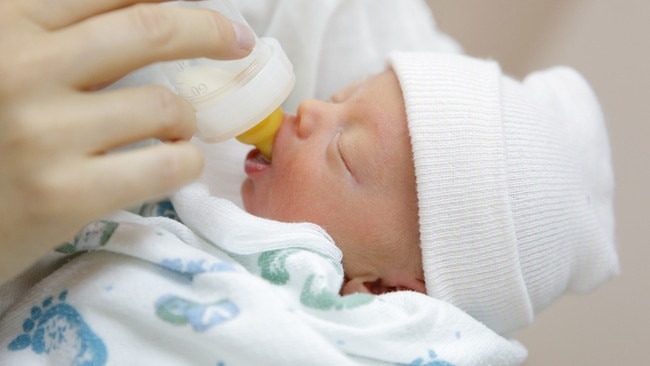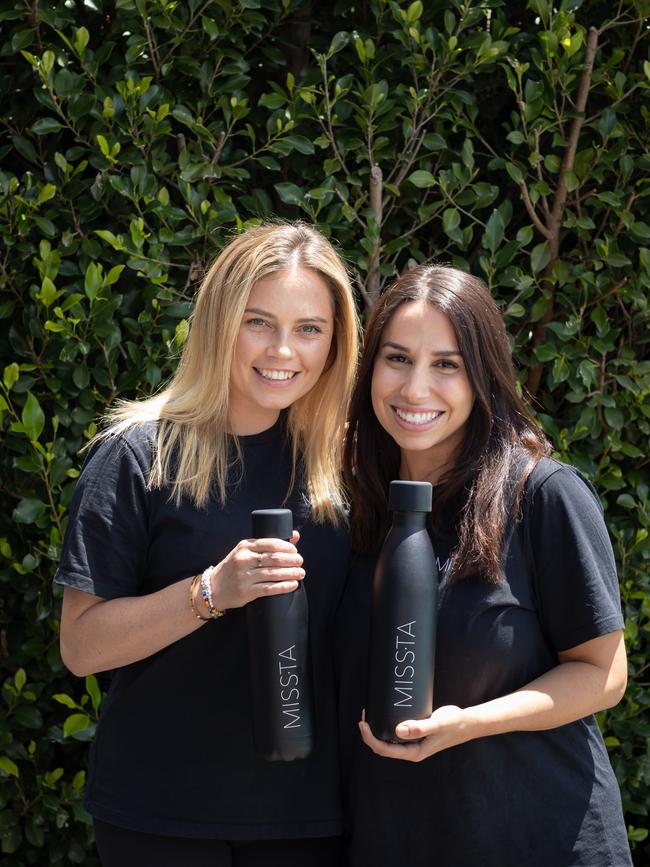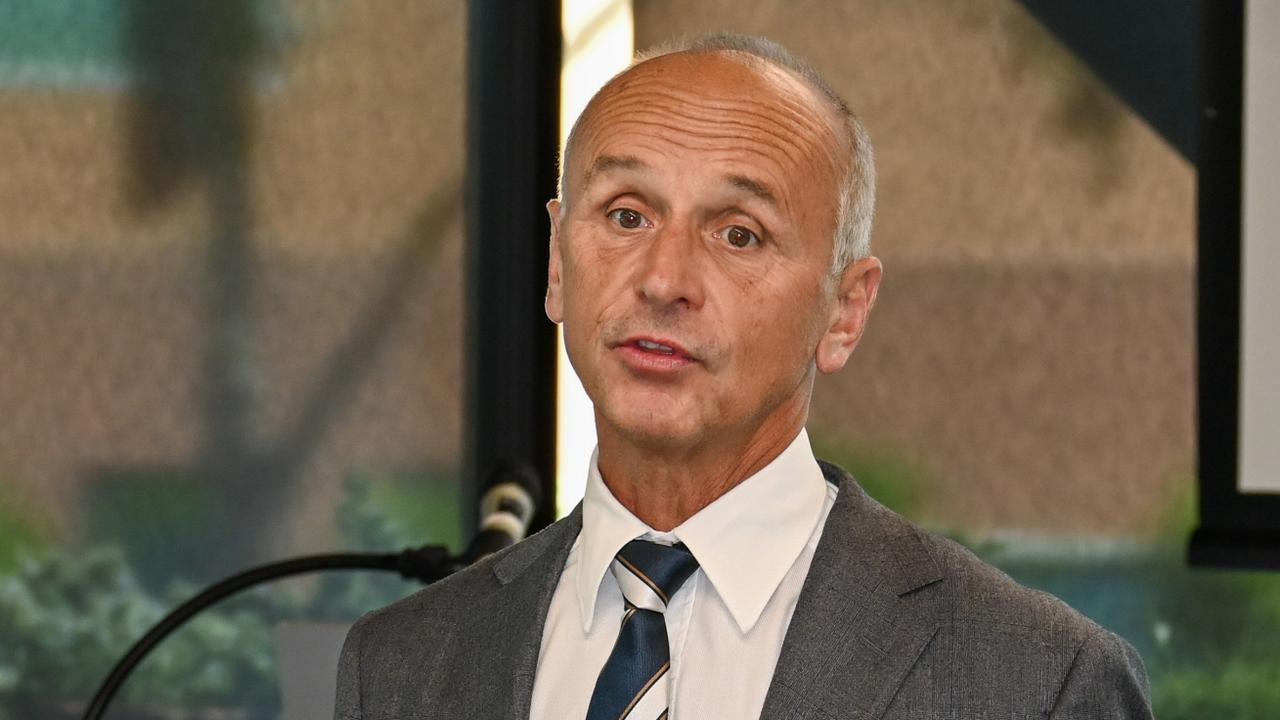How baby milk formula companies exploit parents, manipulate science
A team of scientists say parents’ emotions are being exploited and scientific information is being manipulated by baby milk formula companies, as a local WAG and business owner weighs in.

Geelong
Don't miss out on the headlines from Geelong. Followed categories will be added to My News.
Parents’ emotions are being exploited and scientific information and policymakers manipulated by baby milk formula companies, an international team of scientists says.
In a three-paper series published in The Lancet, researchers including experts from Deakin University and the Australian National University argue only about a third of Australian infants are breastfed as recommended by World Health Organisation (WHO) guidelines, while milk formula sales are on the rise.
The series calls for active promotion of breastfeeding to enable mums, families and health professionals to make informed decisions around infant feeding, guided by accurate information free from industry influence.
For Australian families who use one tin of baby formula a week, the average yearly cost is about $1560.
The authors of the series are seeking urgent adoption of an international legal treaty to better regulate marketing tactics and protect the health and wellbeing of mothers and their infants.

Associate Professor Julie Smith, from the ANU College of Health and Medicine, said milk formula companies used “misleading information” to sell products, including taking advantage of parents’ worries about their child’s health and development.
She said adverts inaccurately concluded specialised formulas alleviate fussiness, help with colic, prolong night-time sleep and even encourage superior intelligence.
Cats defender Mitch Duncan’s wife Demi co-owns Missta, a company selling thermoses designed for formula-fed babies.
Ms Duncan said while companies absolutely shouldn’t falsely advertise their product’s benefits, the stigma around formula feeding needed to be overcome.
“We should be more supportive of mums who have to use formula,” she said.
“You never know someone’s story of why they’re doing that.
“Breastfeeding is great but … we need to be able to support (women who can’t) as well.”
Ms Duncan said there were many reasons someone may choose formula, including foster parents with “no other option” and women dealing with postpartum depression.
Lead author of the series, from Deakin’s Institute for Physical Activity and Nutrition, Dr Phil Baker said Australia was one of a few countries that hadn’t implemented the WHO International Code of Marketing of Breastmilk Substitutes into national law.
The Geelong-based researcher said instead there was a voluntary code of conduct – “so-called self-regulation” – in place.

“But it clearly doesn’t,” Dr Baker said.
“What’s also clear is that the milk formula industry has consistently, and at times aggressively, lobbied against the regulation of formula marketing in many countries.”
According to researchers the tactics used to sway compliant governments to avoid industry regulation are similar to techniques used by the tobacco industry.
Prof Smith said in addition to abolishing manipulative marketing tactics, governments and workplaces must recognise the value of breastfeeding and work to better support women who want to do so.
This includes extending the paid maternity leave duration to align with WHO’s six-month recommendation of exclusive breastfeeding.
More Coverage
Originally published as How baby milk formula companies exploit parents, manipulate science






